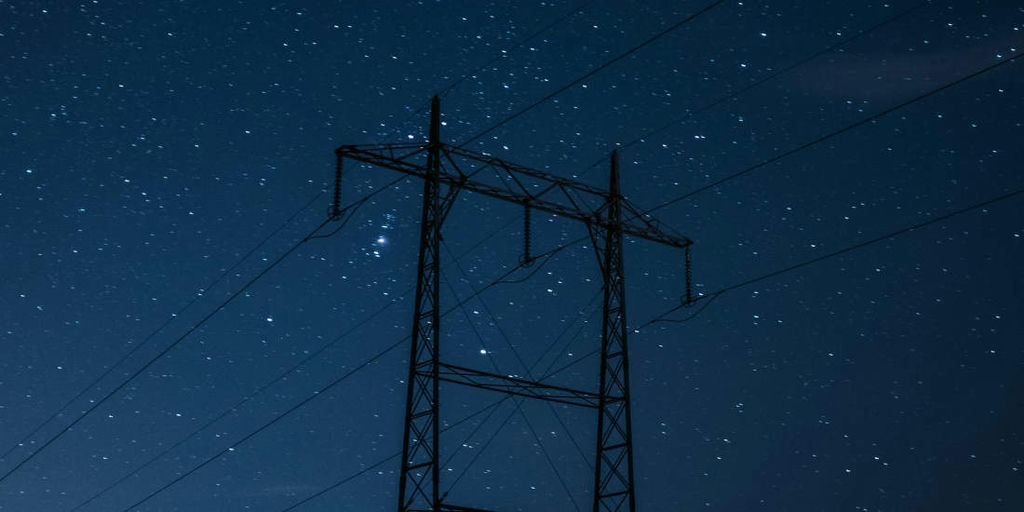Prepare for a power outage
- Earth Points
- 1
- Ease
- Medium

Photo by Theo Eilertsen Photography on Unsplash
Description
Even a rare power outage can be problematic if it catches you with run-down electronics. Even worse is if you rely on medical equipment that requires electricity. An extended outage can ruin your refrigerated food, leave you without cooling/heating or even lead to interruption in your water supply. Be prepared for these events, which are likely to occur more often with more frequent extreme climate events.
Tips
• Consider having enough backup battery power to recharge your mobile phone at least a couple of times and a flashlight. Home lights, internet, and larger appliances will require backup solutions with more capacity. To help with that, you might consider looking into a home battery storage system.
• If you own an e-bike or other larger battery-powered device, its battery might have a USB outlet for charging smaller devices. You will find it packs a lot of power!
• Candles and oil lamps are fire hazards. Keep them handy, but be smart about their usage and do not leave them unattended when lit.
• Keep in mind that an extended outage may close retail businesses, grocery stores, banks, and other services. Think about if that may be a problem and make your household more resilient for those circumstances.
• If you have elderly neighbors, ask if they need help preparing for an emergency, especially if they rely on electricity to use medical equipment in their homes.
During the outage itself:
• Keep your refrigerator closed to preserve its cooling power for as long as possible.
• Unplug unnecessary appliances and sensitive electronics to prevent overloaded circuits when power is restored.
• Realize that you may want to fill your bathtub with water if widespread power outages are predicted and there is a risk it will impact your water supply. A clean bathtub is an important piece of insurance!
• Check on your neighbors. Bad times build good connections!
• If the outage is due to cold, and your heat goes out with it, leave your sink dripping to keep the water moving to avoid them freezing and bursting.
• If extreme heat or cold becomes too much to handle at your home, consider going to a local shelter, which should have a backup energy source. Figure out where these shelters likely would be ahead of time in case you cannot look them up online.

